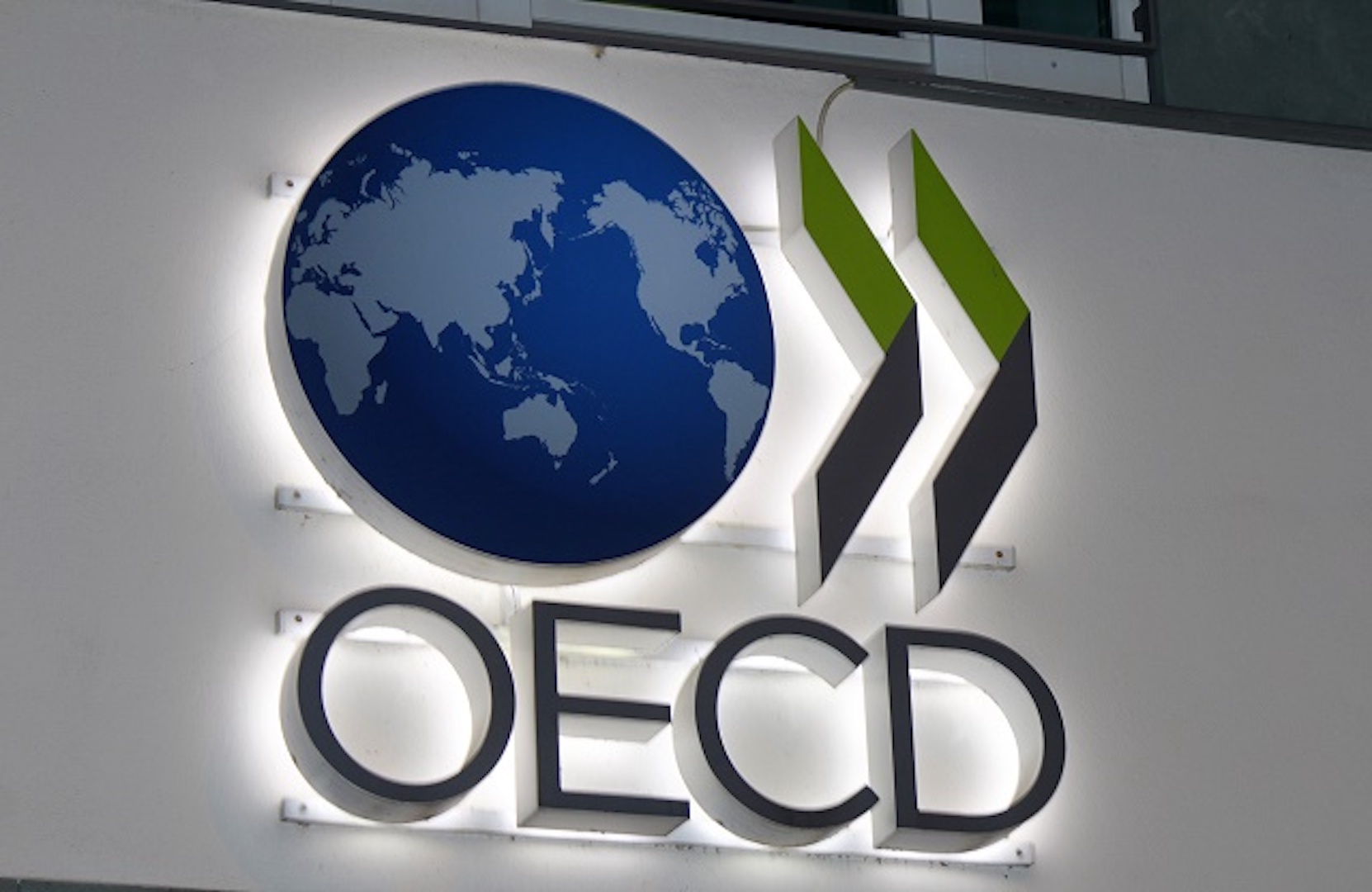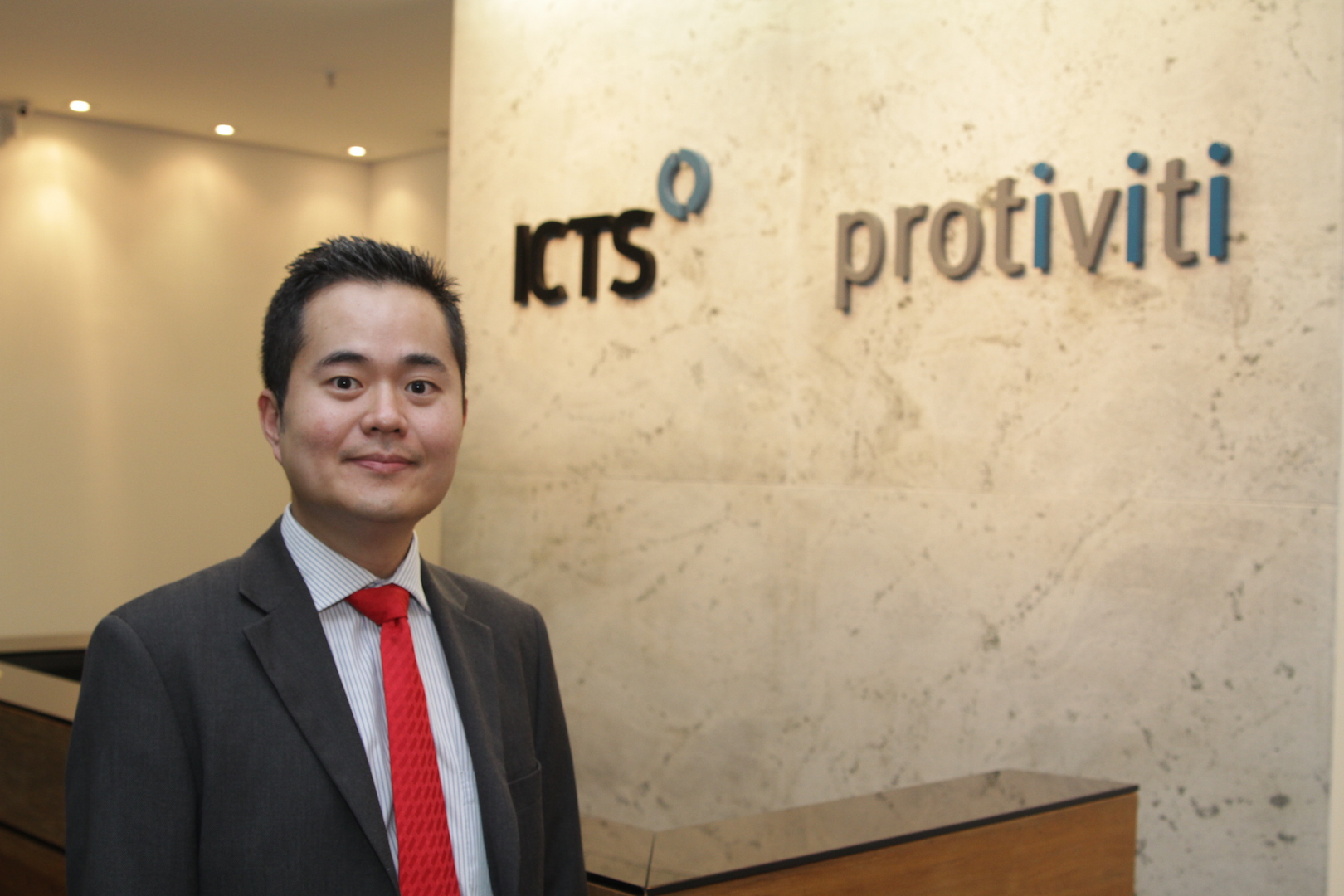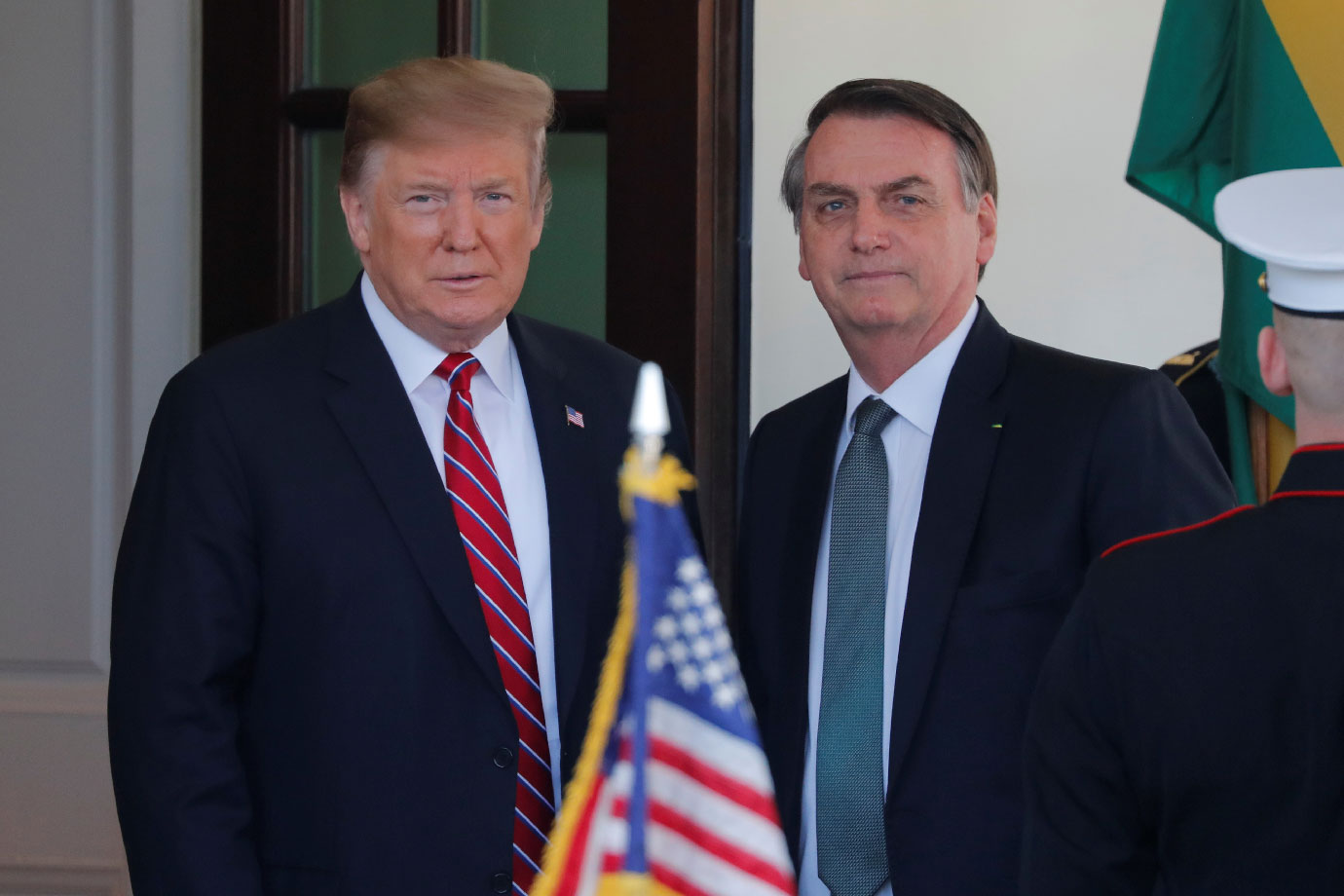SÃO PAULO, BRAZIL – Although Brazil’s government has stated that it has made significant strides in complying with the requirements to be admitted into the Organization for Economic Cooperation and Development (OECD), some compliance experts say some of the requirements are not likely to be easy to meet.

“There are many requirements which haven’t been met yet, and some in the compliance and financial crimes segment will be pretty difficult to achieve,” director of compliance at ICTS Protiviti, Jefferson Kiyohara told The Rio Times.
According to Kiyohara, who is also a professor of ethics and compliance at FIA Business School in São Paulo, there are still many laws dealing with money laundering, transparency in business transaction and corruption that need to be passed and implemented before the country is accepted into the group.
But the professor says that the country is moving very slowly on some issues, and even taking backward steps on others, like moving the COAF (Financial Activities Control Council) from under the Justice Ministry to being the responsibility of Brazil’s Central Bank.
In addition, corruption watchdog Transparency International released its annual corruption perception report last week showing in its latest data that Brazil fell one position. The ranking conducted by the entity among 180 countries, placed Brazil last year at 106th place, the worst position since 2012.
According to the NGO, Brazil went through 2019 without being able to pass reforms that would attack the roots of the corruption problem. “Few advances and a series of setbacks have occurred in the country’s anti-corruption legal and institutional framework,” stated the entity.
Brazil’s Justice Minister and anti-corruption czar, Sergio Moro, admitted that the perception that the fight against corruption in Brazil stagnated during the first year of the Bolsonaro presidency shows that it is necessary to take new initiatives.
“I saw the results of Transparency International’s indicators with some dismay,” stated Moro this week. “Despite all efforts that Brazil has made against corruption in recent years, we see unfortunately that the perception has changed little,” he added.

According to Kiyohara in addition to anti-corruption measures, Brazil must also adhere to good governance practices, such as the legalization of the practice of lobbying – which is not legal in the country – and legislation which addresses issues dealing with private-to-private sector corruption, not only private-to-public sector wrongdoings.
“There is no way to fight just one part of corruption, we need to fight corruption on all spheres,” says the compliance director.
At the beginning of 2020 Brazil announced that the United States had signaled that it was considering Brazil’s entrance to the OECD a priority.
“This is great news,” said Brazil’s President Jair Bolsonaro in early January. “We had been working on this for months. Brazil has a number of advantages. It’s as if Brazil were about to join the top league in football,” Bolsonaro told journalists.
The formal request to join the OECD had been made by Brazil in 2017, but the country had not been backed by a strong ally until now.
The US support came months after the country publicly sent a letter to OECD members supporting neighboring Argentina and not Brazil. With the victory of left-wing presidential candidate Alberto Fernandez in Argentina, however, the US decided to pull its support and focus its attention on Brazil.
“Brazil’s sweeping economic reforms are transforming Latin America’s largest economy, and we will advocate strongly for an invitation to Brazil to begin the accession process to (the) OECD,” said US Secretary of State, Mike Pompeo last week on his social media account.
According to Bolsonaro’s Chief of Staff, Onyx Lorenzoni, the Brazilian government will create a special secretariat to push Brazil’s entry into the OECD faster. According to officials, 253 points are required, and the country has already fulfilled 82 with another 66 currently under analysis.
Although, the forecast by the Brazilian government is that the entry into the OECD will take two to three years, Kiyohara does not see an approval coming in the near future.
“I would definitely say more than five years. It (approval) won’t come during Bolsonaro’s first term for sure,” says the professor, stating that the corruption issues are things that have to be dealt with before Brazil is accepted.
“With other issues, such as in education and health, there may be some sort of negotiation and maybe a longer period to meet the requirements, but when it comes to corruption it is either you have done it or not. There will be no negotiation when it comes to corruption practices,” notes Kiyohara.

On the other hand, issues such as the need to implement a series of liberal economic measures, and maintain fiscal and inflation control, will likely be met by the government, says the director.
Brazilian officials believe that joining the “rich countries’ club” is an opportunity to attract more foreign investments. Kiyohara agrees.
“I see it as positive trying to get into the OECD,” he says.
“It may pressure Brazil into adopting additional good governance practices, revising its legislation so that it is more compliant with rules already adopted in developed economies, thus improving its public accounts and improving the country’s overall development,” says the executive, before adding, “But we have to do our homework first.”
OECD is made up of the world’s most industrialized countries and sets shared parameters for economic and legislative rules for its members.

